- Home
- PV Panels
Residential Photovoltaic Systems Explained
When it comes to residential photovoltaic systems your main aims will likely be as follows.
Firstly, to produce your own green electricity (and reduce your electric bill) and secondly, to generate an income through the FiT scheme (Feed in Tariff in mainland UK) or NIROC’s (Northern Ireland Renewable Obligation Certificates in Northern Ireland).
If you’re new to solar panels you'll likely have a few questions running around in your head. So I’ll try to cover the most common ones below below.
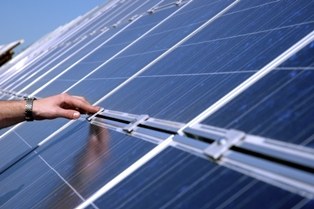
1. What are photovoltaic panels?
The term “solar panels” covers two types of panels, solar thermal panels (which produce hot water) and photovoltaic panels (which produce electricity).
This section covers photovoltaic panels, but if you’re after information on solar thermal panels you can get it here.
The easiest way to describe a photovoltaic panel is to to think of a solar powered calculator. The little panel on the top of the calculator is a photovoltaic panel which uses light to power the calculator.
PV panels are just bigger as they have to power your home.
There is no difference between commercial and domestic photovoltaic panels. They're both made from a collection of silicon semi-conductors which convert sunlight into electricity.
Each individual panel is just one part of your solar installation (or array of panels). For example you could have an array consisting of 16 x 250 Watt panels which would form a 4kWp array.
2. What do photovoltaic panels do?
The principle behind photovoltaic panels is quite straight forward. They convert the Sun’s energy into electricity. Meaning you can reduce the amount of electricity you need to buy from your normal power supplier.
Plus, if you're connected to the power grid and you generate more electricity than you can use, the excess is exported back to the grid and your power company pays you for it through the FiT scheme (mainland U.K.) or via NIROCs (N. Ireland).
Other Photovoltaic Articles
Below are links to some other articles I've written which will hopefully provide you with more information about photovoltaic panels and why I think they're a great investment.
- How Does Solar Power Work? How do photovoltaic panels work when installed on residential or commercial properties? What conditions are required for them to produce electricity and what will affect their output?
Get the answers to all these questions and more in my article on how panels work. - Is Your Home or Business Suitable for PV Panels? Not every property will be suitable for installing
panels. There are many different things which need to be considered
before ordering your photovoltaic panels.
Thankfully many of these things are easy to do and you’ll be able to check most of these things for yourself.
Is your roof at the optimum pitch and what should the orientation of your roof be? What are the ideals and what are acceptable? How much electricity could you produce over the space of a year?
Find out what you can and can’t check for yourself by having a quick read of my article on suitability here. - Advantages of Solar Power: As with all the various renewable technologies photovoltaic panels have
their own unique advantages (and disadvantages). Check out my article on advantages here to check if PV panels are going to give you what you want.
- Disadvantages of Solar Power: Its not all plain sailing when installing PV panels. So what are the disadvantages and how might these affect your PV install? Click here to read
the full article.
- Getting the most from your solar panels: solar panels are a sizeable investment. So it's essential that you know how to get the most out of them. This article shows how to get the most from them to reduce your payback time and increase your return on investment.
- Where to Buy Your Commercial or Residential Photovoltaic Systems: In this age of computers it’s easy (or relatively easy) to buy pretty
much anything online and have it delivered to your door. But what’s the
best way to buy photovoltaic panels?
What are the pitfalls to each method and is it worth taking the risk? This article looks at the pros and cons of the various different methods of buying PV panels and what you need to know about each before you make the final decision. - Solar Panel Orientation: How doe s the orientation and gradient of your roof affect the output you can expect to get from your solar panels? This guide will let you know.
- How to Use Solar Panels: Once you have your commercial or residential photovoltaic systems installed you’ll want to know
the best way to use them to help maximise your grant payments and
minimise your electricity bills.
- Can I Really Get Free Solar Panels? Do free solar panels exist and are they worth considering? Before
you jump in with both feet there are a few things you’ll need to
understand.
This article covers everything you need to know about free solar panels… - Solar Panel Incentives: The various incentives available to encourage you to install solar
panels are important to understand as they vary from time to time
depending on your location.
This article explains the different options available to you and will help you understand how they work.
Residential Photovoltaic Systems Summary
Don't make a decision on a residential photovoltaic system until you've read the above articles and fully understand what you're getting, how your property will affect the systems output and what the different panels can offer you.
At this stage, assuming you’ve had a quick read over the above articles, you should have a decent understanding of residential photovoltaic systems.
If however you have any questions, you can contact me here and I’ll do my best to answer them.








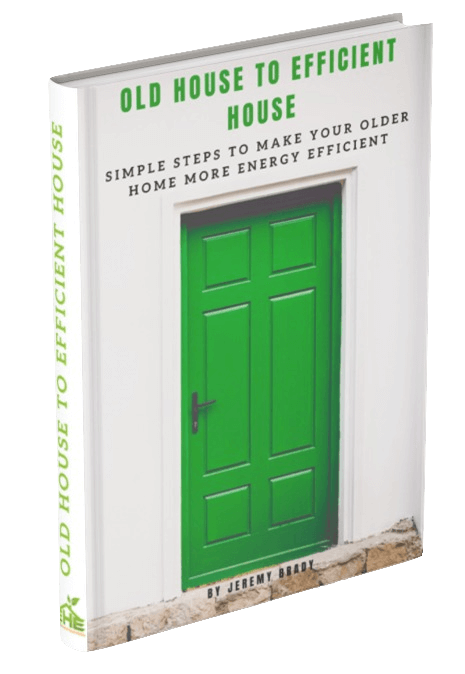
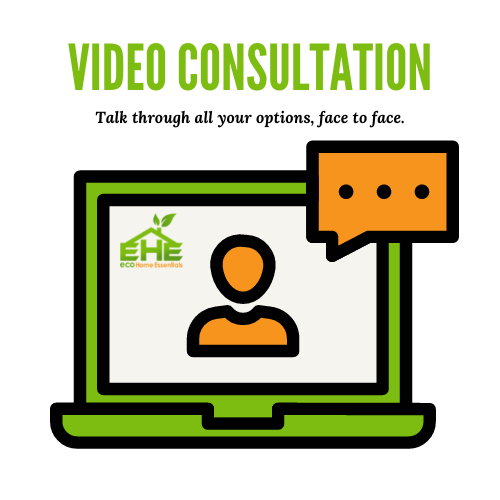



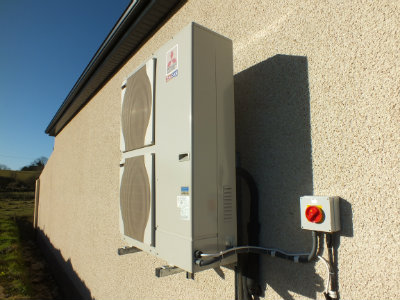
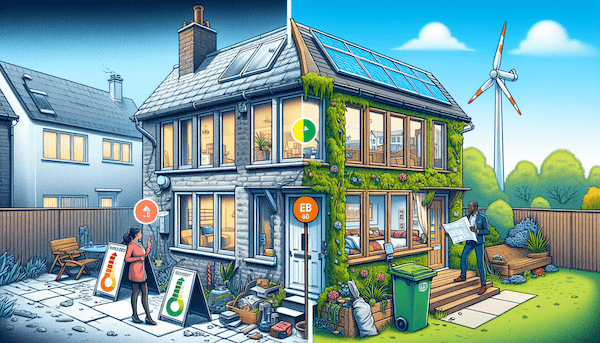
New! Comments
Have your say about what you just read! Leave me a comment in the box below.